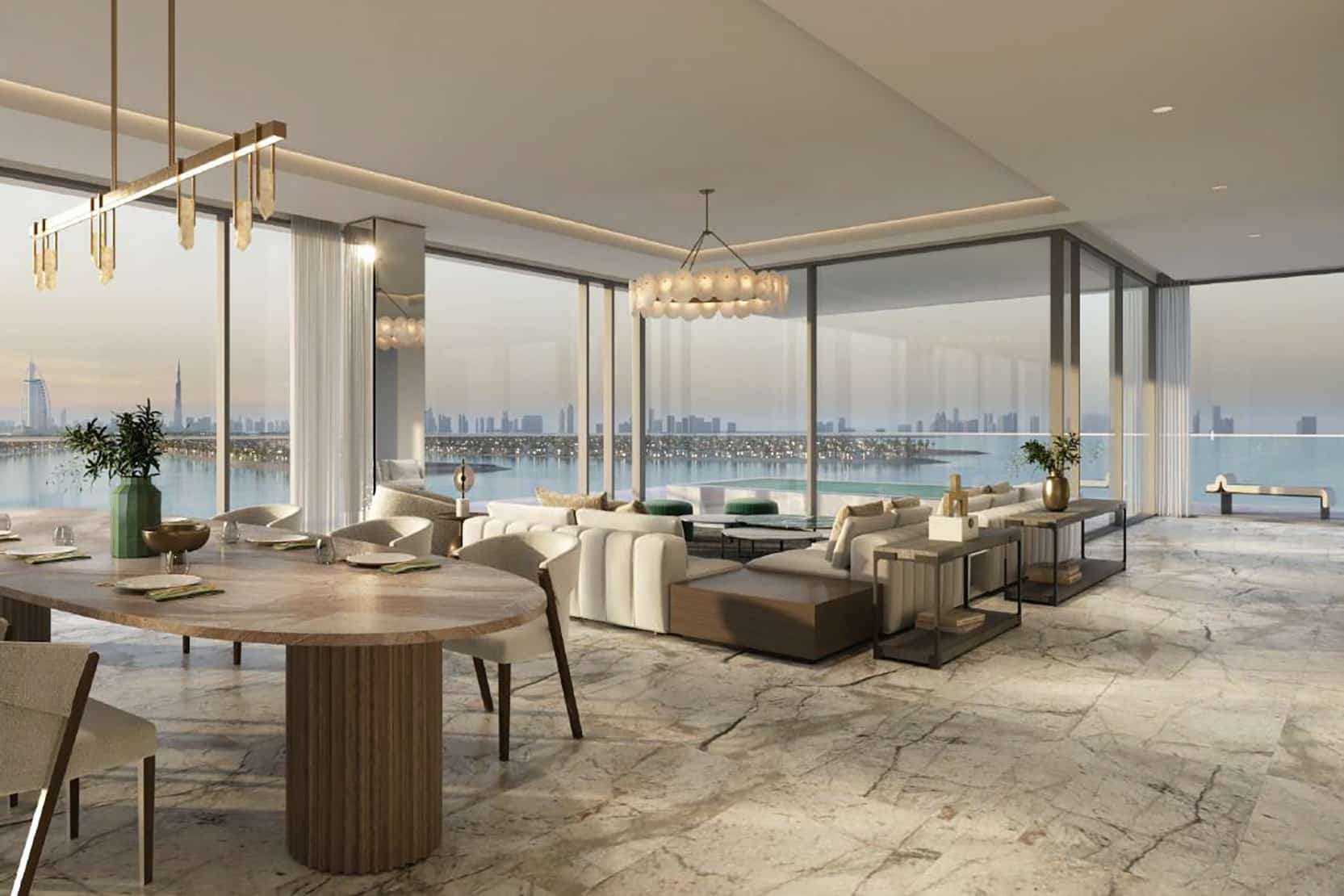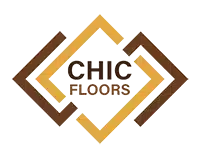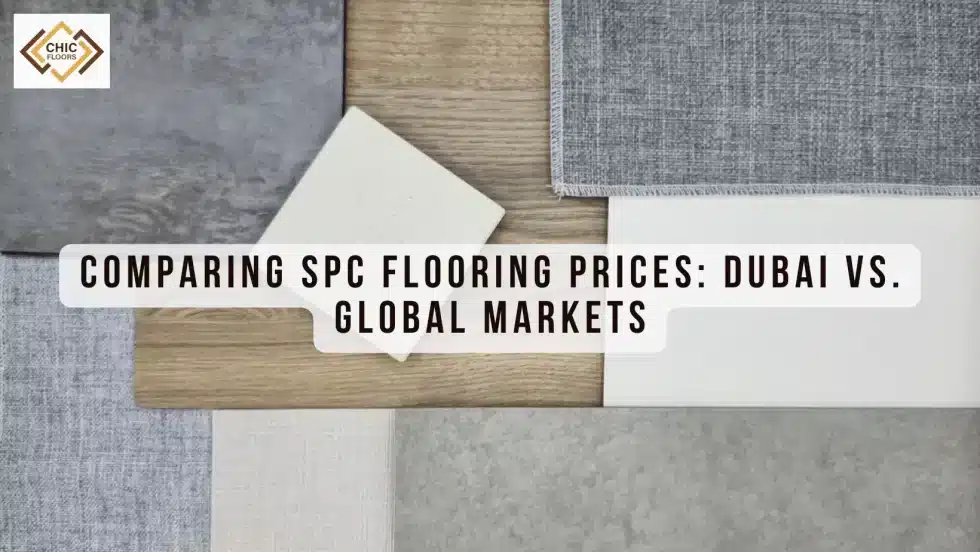Did you know that the global SPC flooring market is projected to reach a staggering $51.8 billion by 2027? Among this exponential growth, the question of pricing disparities looms large. Today, we set our sights on Dubai, a city synonymous with opulence and innovation, to unravel the mystery of SPC flooring prices in comparison to the global market.
With its soaring skyscrapers and bustling commercial centers, Dubai stands as a symbol of modernity in the Middle East. But how do its SPC flooring prices measure up against those found elsewhere in the world?
Let’s move towards SPC flooring prices and uncover the unique dynamics that shape Dubai’s role in this global market.
Analysis of SPC Flooring Prices in Dubai vs. Global Markets

Well, to make a comparative and dependable analysis of Stone Plastic Composite – SPC flooring prices in Dubai Vs. The global market sounds like a challenging yet frustrating task and involves several steps.
Yeah, you read it right; firstly, we need to define the scope of global markets, which typically deal with key regions such as North America, Europe, and Asia. The prices can vary greatly with factors like quality, brand, import taxes, and local economic conditions.
Here is a simplified chart that compares the average prices of SPC flooring in Dubai with those in the USA, UK, China, and India.
Additionally, it is crucial to understand that prices are approximate and can change depending on the precise product and retailer.
Region/Country | Average Price per Square Meter (in USD and AED) |
| Dubai | $7 – $12 – (AED 25.7 – AED 44.0) |
| USA | $5 – $10 – (AED 18.4 – AED 36.7) |
| UK | $6 – $11 – (AED 22.0 – AED 40.4) |
| China | $4 – $9 – (AED 14.7 – AED 33.0) |
| India | $3 – $8 – (AED 11.0 – AED 29.4) |
Factors That Affect Pricing on A Global Scale

While talking about SPC flooring, the choices seem endless, from plush carpets to sleek hardwood. But in recent years, a new contender has entered the ring – SPC flooring. Sturdy, stylish, and sustainable, SPC (Stone Plastic Composite) flooring has been gaining traction worldwide.
Yet, have you ever wondered why the SPC flooring prices vary from country to country? Fret not; Let’s dive into the factors that sway SPC flooring prices on a global scale.
Raw Material Costs
SPC flooring is crafted from a blend of limestone, PVC, and stabilizers. The price of these raw materials can be distinct based on factors like availability, demand, and geopolitical tensions.
For instance, if there’s a sudden spike in PVC prices due to supply chain disruptions, the cost of producing SPC flooring shoots up, impacting its final price tag.
Manufacturing Expenses
From the bustling factories of China to the high-tech facilities in Europe, where SPC flooring is manufactured, it can greatly impact its pricing. Labor costs, energy expenses, and even government regulations all play a role.
Countries with lower production costs may offer SPC flooring at a more competitive price, while those with stringent regulations might have higher-priced options.
Transportation and Logistics
Ever heard of the phrase “shipping costs”? They’re not just words thrown around in the logistics industry.
The distance between the manufacturing plant and the final destination affects the transportation expenses.
If SPC flooring has to travel halfway across the globe, you can bet your bottom dollar that it’ll add a chunk to its price.
Market Demand
Ah, the classic supply-demand dance. When there’s a surge in demand for SPC flooring, manufacturers might hike up the prices to match.
Conversely, if the market is inundated or the market declines, prices may drop to entice buyers.
Keep an eye on trends and consumer preferences – they can give you a clue about where SPC flooring prices are headed.
Brand Reputation and Quality
Not all SPC flooring is created equal. Some brands are renowned for their top-notch quality and durability, while others may fall short. Consumers are often willing to shell out more for a reputable brand that promises longevity and performance.
Remember, you get what you pay for, so it’s essential to balance price with quality when selecting SPC flooring.
Currency Fluctuations
Signal the rollercoaster ride of currency exchange rates. If you’re purchasing SPC flooring from a foreign supplier, keep an eye on currency fluctuations.
A sudden dip or rise in the exchange rate can significantly impact the final price you pay. It’s like playing the stock market – except with floors.
Regulatory Compliance and Certifications Safety
First! SPC flooring must adhere to various regulatory standards and certifications to ensure it’s safe for use. Meeting these requirements often incurs additional costs for manufacturers, which may be reflected in the product’s price.
However, these certifications provide peace of mind to consumers, knowing that their flooring meets rigorous safety standards.
Competitive Market
Competition breeds innovation and drives prices down. In regions where numerous manufacturers vie for market share, price wars may erupt, leading to more affordable SPC flooring options for consumers.
Keep an eye out for promotions, discounts, and special offers – you might snag a bargain on your dream flooring!
Ending Note
SPC flooring prices between Dubai and global markets reveal mesmerizing insights into the dynamics of the industry. While Dubai offers competitive pricing, global markets present a diverse range of options that cater to varying budgets and preferences.
No matter – if you’re looking for affordability or premium quality, the choice ultimately depends on your specific needs and priorities. As the flooring industry continues to evolve, keeping an eye on price trends both locally and globally can empower consumers to make informed decisions.




